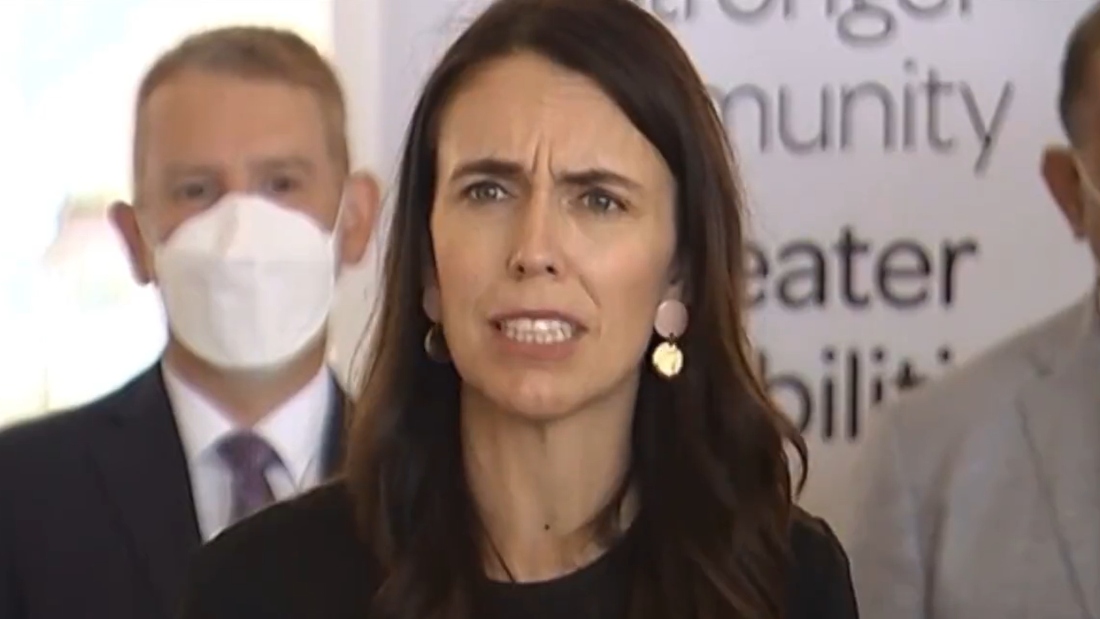NY Supreme Court rules Empire State’s gun control law UNCONSTITUTIONAL
01/09/2023 / By Ramon Tomey

The Supreme Court of the State of New York ruled that a gun control law enabling firearms to be seized from people who have not committed any crime was unconstitutional.
According to the Epoch Times, New York Supreme Court Judge Thomas Moran ruled on Dec. 22, 2022, that the Extreme Risk Protection Order (ERPO) law violated the Second and Fourteenth Amendments of the Constitution. He noted that the law “does not sufficiently protect a citizen’s rights.”
“When viewed objectively, [the ERPO law’s] goal of removing weapons from the otherwise lawful possession of them by their owners without adequate constitutional safeguards cannot be condoned by this court,” Moran wrote. “It cannot be stated clearly enough that the Second Amendment is not a second-class right, nor should it ever be treated as such.”
Under the ERPO law, individuals – including police officers – can ask a court to permit the confiscation of firearms from a person they believe poses a threat to themselves or to others. A magistrate can then direct law enforcement to take the person’s firearms. The law, which took effect in 2019, has led to the issuance of more than 1,900 removal orders.
Moran’s decision came as a response to a case involving C.N., a woman whose estranged boyfriend G.W. filed an application for a removal order. G.W. claimed that C.N. made statements threatening self-harm using a gun if she had access to one.
Court documents, however, mentioned that the statements were made no later than February 2021. This contradicts the application, which said the statements were made in 2022.
Nevertheless, the court granted G.W.’s request and ordered the seizure of C.N.’s weapons and the suspension of her pistol permit. She was also prohibited from buying or possessing any firearms.
ERPO law a quick way to deprive Americans of 2A rights
Daniel Strollo, an attorney representing C.N. in the lawsuit, said he was “very happy” with Moran’s ruling.
He told WHAM 13 that the ERPO law allows for “a very quick and easy mechanism to deprive somebody of their fundamental Second Amendment.” Strollo continued: “You have a procedure that essentially allows somebody to lose those [Second Amendment] rights without ever having gone in front of a judge.”
Moreover, Moran cited the U.S. Supreme Court’s standards in its 2022 ruling striking down the state’s concealed carry law. Based on those standards, the ERPO law does not fit under America’s tradition of regulating firearms, the magistrate said. (Related: Supreme Court strengthens Second Amendment by striking down restrictive NY “concealed carry” law.)
According to the high court’s 2022 decision, the Constitution protects people’s rights to carry firearms and that a government must, for each gun restriction, “demonstrate that the regulation is consistent with this nation’s historical tradition of firearm regulation.”
“While some may advocate that ‘the ends justify the means’ in support of [the law], where those means violate a fundamental right under our Bill of Rights to achieve their ends, then the law, on its face, cannot stand.”
A person familiar with the case clarified, however, that Moran’s ruling only applies to the specific situation and does not strike the law down statewide.
SecondAmendment.news has more stories about unconstitutional gun laws.
Watch this Fox Business report featuring attorney and law professor Jonathan Turley blasting New York state’s concealed carry law as unconstitutional.
This video is from the NewsClips channel on Brighteon.com.
More related stories:
Judge rules California’s ‘assault weapons’ ban unconstitutional.
New York moves to nullify Supreme Court decision upholding gun rights.
Illinois court strikes down state’s unconstitutional ban on concealed carry.
Sources include:
Submit a correction >>
Tagged Under:
big government, concealed carry law, Constitution, Extreme Risk Protection Order, firearms, Fourteenth Amendment, freedom, gun control, gun ownership, gun rights, guns, Liberty, New York, scotus, Second Amendment, Thomas Moran, unconstitutional
This article may contain statements that reflect the opinion of the author
RECENT NEWS & ARTICLES
COPYRIGHT © 2017 PENSIONS NEWS




















